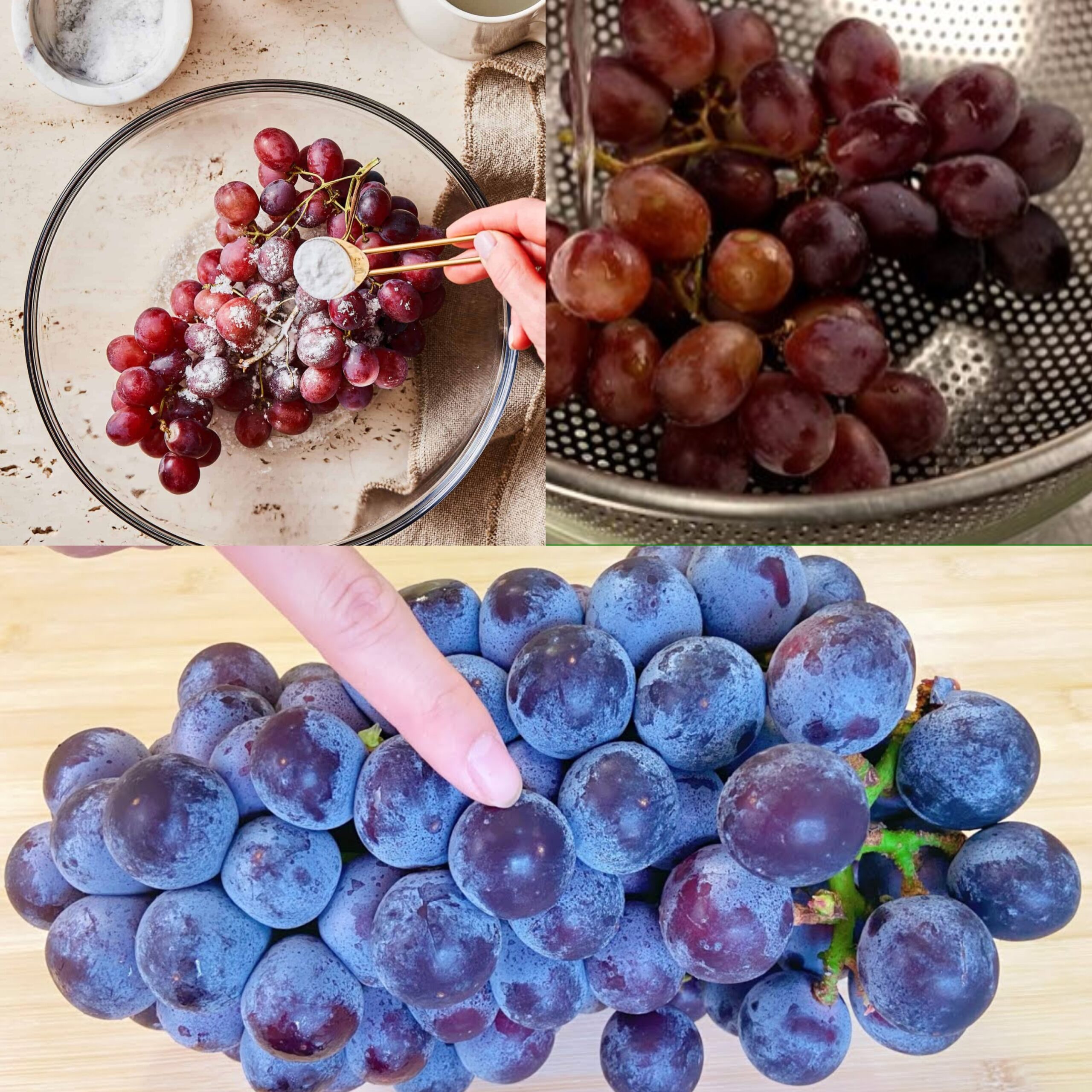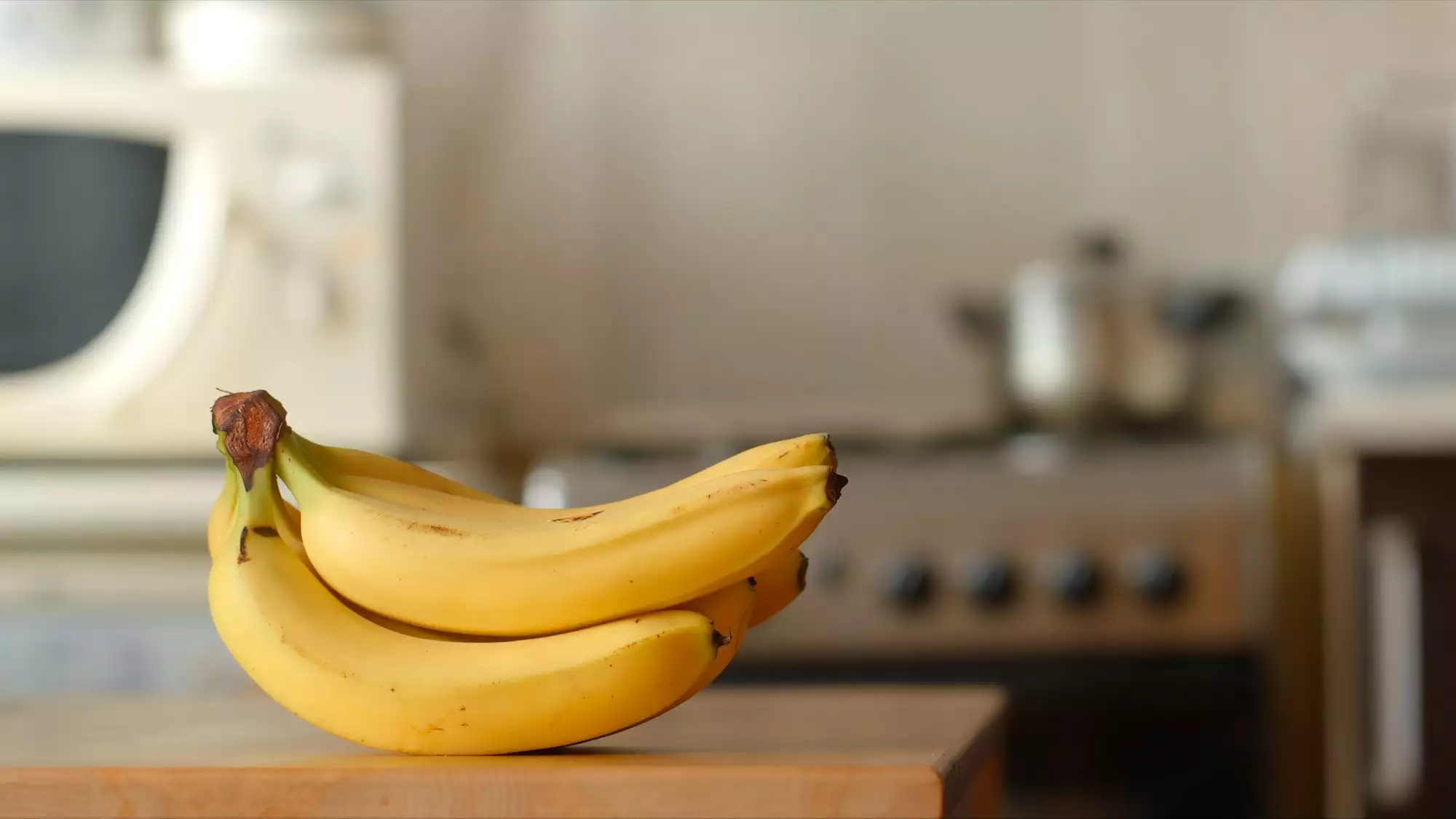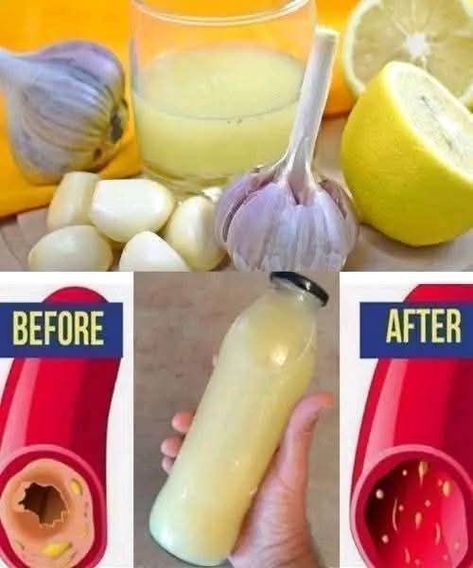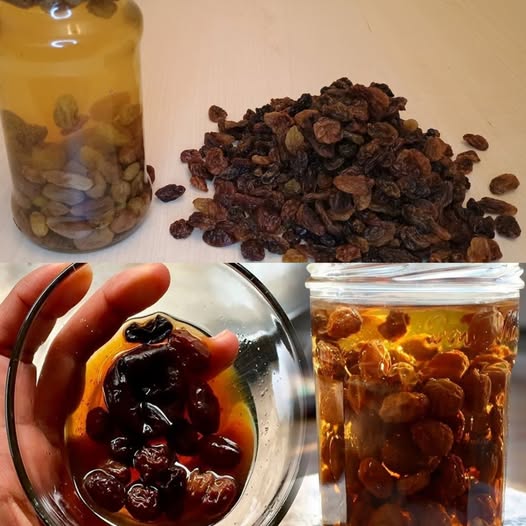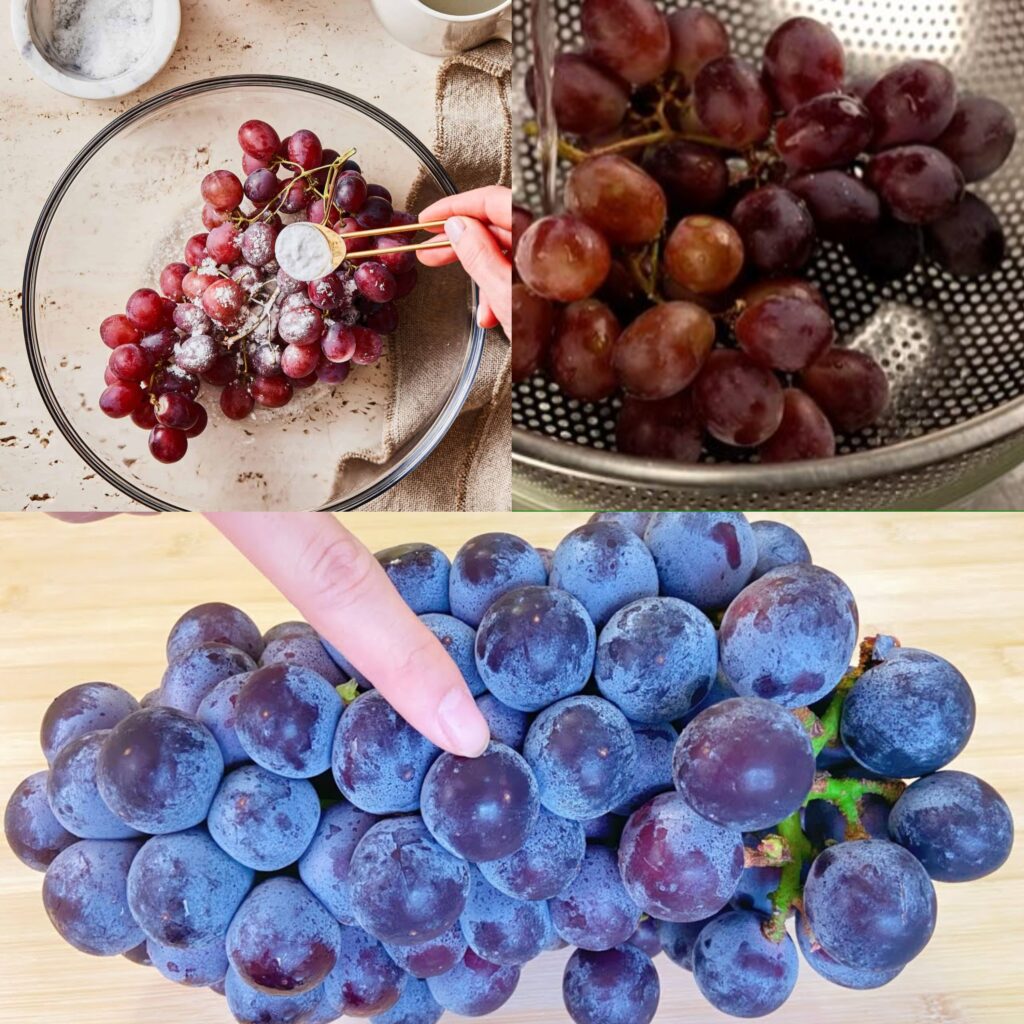
Enjoying a bunch of fresh, juicy grapes is one of life’s simple pleasures, but ensuring they are clean and free from pesticides and insect eggs is crucial for your health. While washing grapes with just salt and water might seem sufficient, it may not effectively remove all the residues and contaminants. Here’s a more effective method to ensure your grapes are not only clean but safer to eat.
Why Is Proper Cleaning Necessary?
Grapes, like many other fruits, are often sprayed with pesticides during cultivation to protect against pests and diseases. These chemical residues, along with potential insect eggs, can linger on the surface of the grapes. Consuming unwashed or improperly washed grapes can lead to ingestion of these harmful substances, which is why thorough cleaning is so important.
Materials Needed:
-
Cold water
-
Baking soda
-
White vinegar
-
A large bowl
-
A colander or salad spinner
Steps to Clean Your Grapes Thoroughly:
1. Prepare a Vinegar and Baking Soda Bath
Vinegar is a natural disinfectant that helps remove pesticide residues, while baking soda is great for eliminating stubborn grime and neutralizing pesticides chemically.
Instructions:
-
Fill a large bowl with cold water.
-
Add 1 cup of white vinegar and 2 tablespoons of baking soda to the water. The mixture will fizz a bit, which is normal.
-
Submerge the grapes in this solution and let them soak for about 15-20 minutes. This duration allows the vinegar and baking soda to work their magic, breaking down and dissolving unwanted residues.
2. Scrub Gently
After soaking, take a few grapes at a time and gently rub them with your fingers or a soft brush under running water. This action helps remove any remaining particles and ensures each grape is thoroughly cleaned.
3. Rinse and Dry
-
Drain the grapes using a colander or a salad spinner.
-
Rinse them thoroughly under cold running water to wash away any lingering vinegar taste and baking soda.
-
Shake off excess water and spread the grapes out on a clean kitchen towel or paper towels to dry. Alternatively, use a salad spinner to remove excess water quickly.
Final Thoughts:
This cleaning method not only minimizes your intake of harmful chemicals but also enhances the natural flavor of the grapes, making your snack both safer and more enjoyable. Integrating this simple cleaning routine each time you prepare grapes or other similar fruits can significantly reduce your exposure to pesticides and ensure you are eating fresh and clean produce. Give this trick a try and feel confident about the cleanliness of your grapes!
